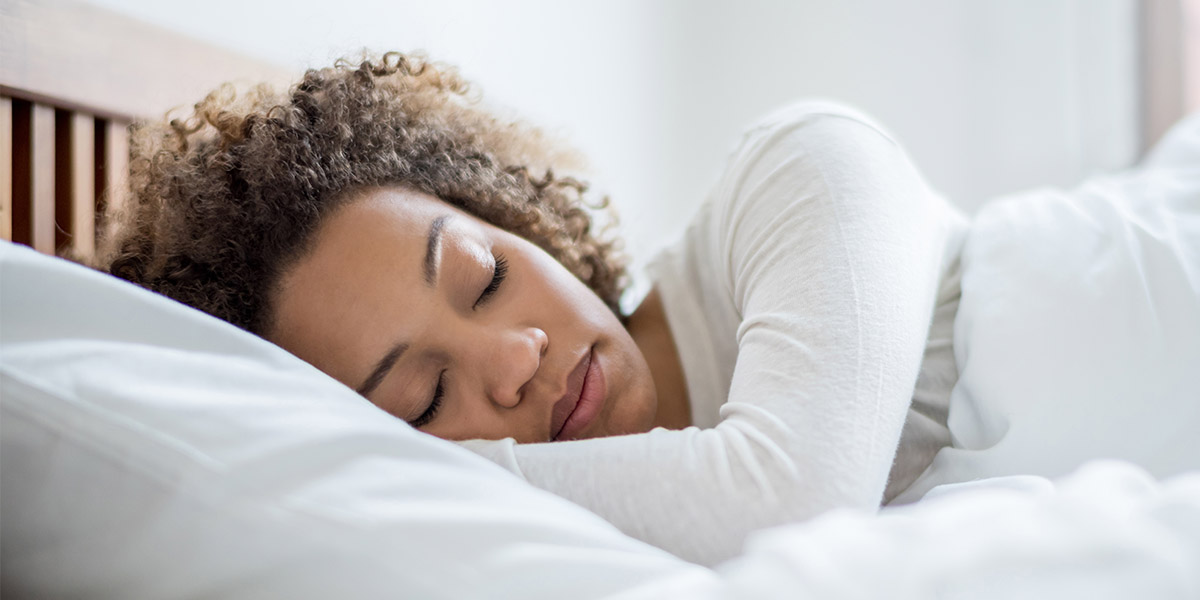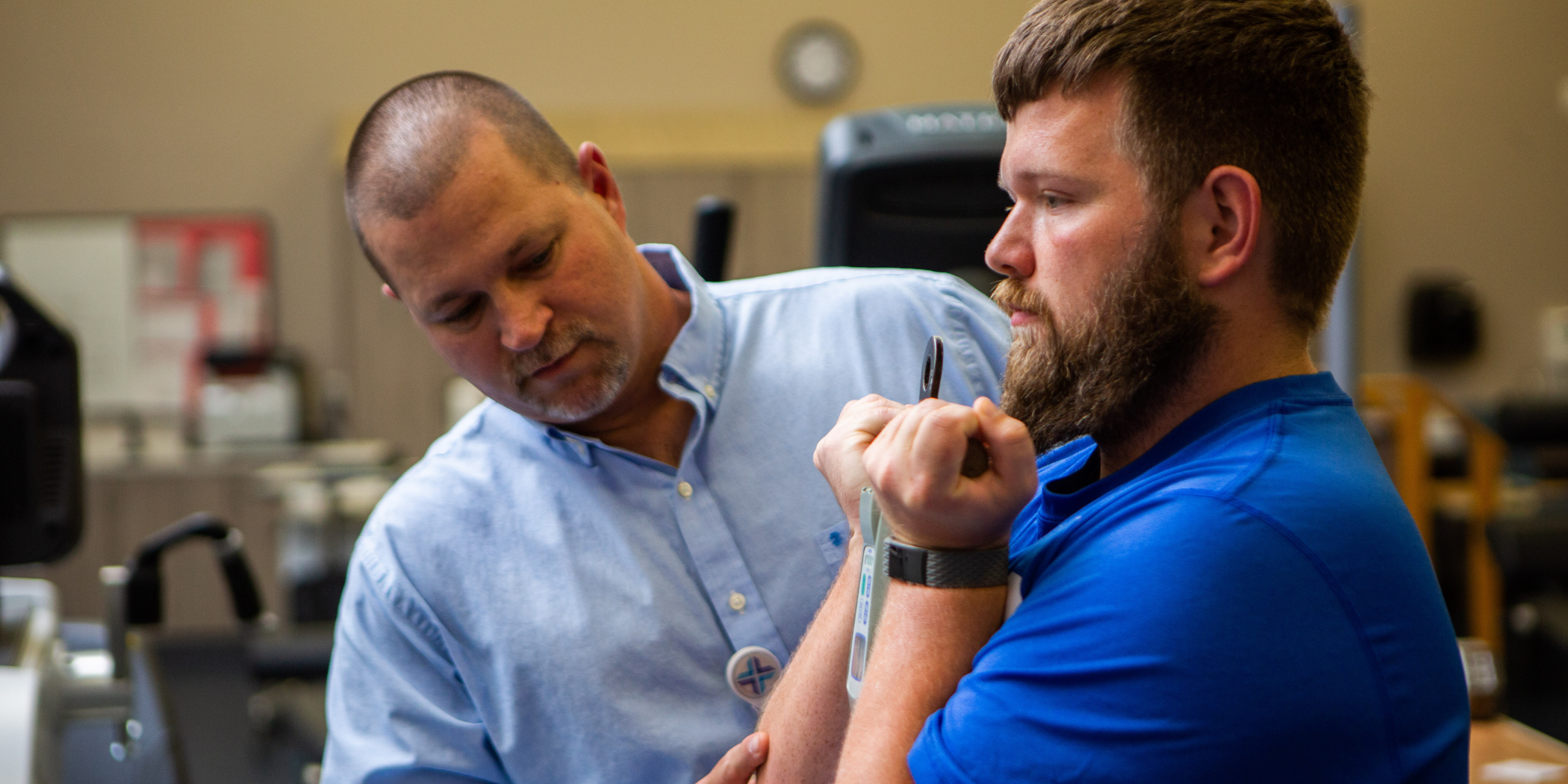
Fall back into an extra hour of sleep
After a long, hot summer, many of us are looking forward to fall.
Bring on the comfy sweaters, pumpkin spice lattes, crisp autumn air … oh, and that extra hour of sleep!
On Sunday, Nov. 5, we get to “fall back” – setting clocks back an hour and getting an extra hour to snooze.
Shari Angel Newman, RST, CSE, RPSGT, registered sleep technologist and clinical manager of the Spartanburg Regional Sleep Services, calls that extra hour “icing on the cake,” because most of us are already so sleep deprived.
Newman is right. According to the Centers for Disease Control and Prevention, more than a third of Americans are not getting the recommended seven to nine hours of sleep needed each night.
“Most people I speak with average six to six-and-a-half hours of sleep,” Newman said. “And sleep isn't like money. We can't save it up or put it in the bank.”
The price of sleep deprivation is high. More than 250,000 on-the-job accidents each year happen because of tired, sleepy workers. And, sleep-deprived drivers on the Upstate's busy interstates can result in disaster.
“You are more at risk from a sleepy driver than a drunk driver,” Newman said.
However, most who are sleep deprived do not realize there is a problem until the consequences begin to show.
Aside from on-the-job and driving accidents, those who do not get enough sleep are at a higher risk for chronic health conditions such as hypertension, heart disease and stroke.
The prevalence of heart attack and stroke is higher after the “spring forward” period, when we lose an hour of nightly rest, Newman said.
“Falling back is considered a blessing for most,” Newman said. “It's a time to return to normal, to get us back to where nature intended us to be.”
Even though an extra hour of sleep sounds great to most of us, some struggle with the time change and find it hard to acclimate.
Some people have trouble with falling back. Newton recommends they try going to sleep about 30 minutes earlier than usual a few days before Daylight Savings Time ends.
“Use this time as a wonderful gift,” she said, “It's a great time to work on a sleep deficit.”
So grab that fleece throw, a good book and a warm (preferably decaffeinated) drink and get ready to fall back successfully.
Having sleep issues? Contact Spartanburg Regional Sleep Services at 864-529-3465.











